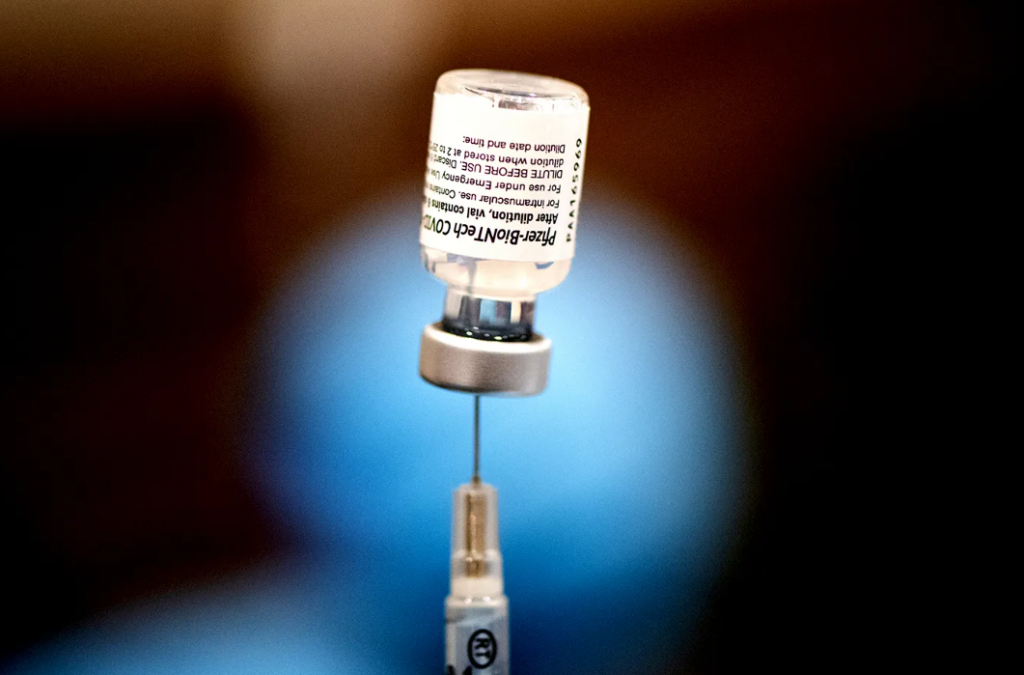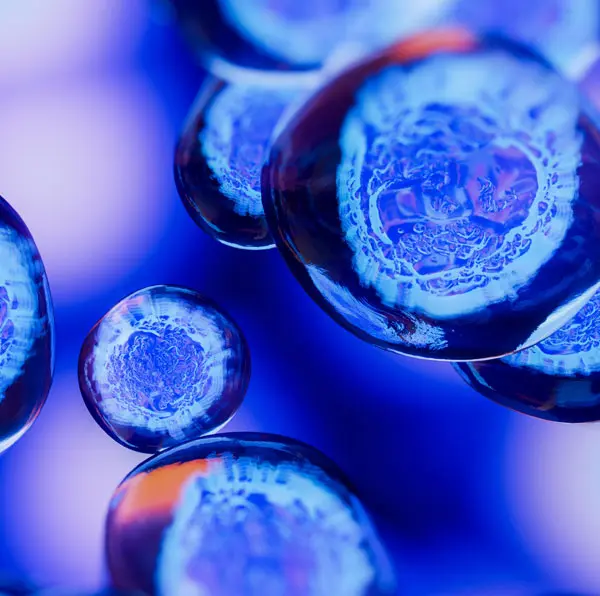YOU ARE BOUVÉ

Pharmacy majors enrolled in the joint Doctor of Pharmacy (PharmD)/Master of Public Health (MPH) Program have the opportunity to take graduate courses in the MPH Program while earning their PharmD.


Up to 15 credit hours of these courses count toward both their PharmD and MPH, allowing these students to earn their MPH in a shorter amount of time than it would take to earn it separately from their PharmD.
The Importance of Public Health in Pharmacy Education and Practice
Achieving Pharmacy-Based Public Health: A Call for Public Health Engagement
Degree type:
– PharmD in Pharmacy and
– MPH Master of Public Health
Study options:
— For PharmD Undergraduate Majors only
– On ground (Boston Campus)
– Full-time, with possible part-time post
PharmD graduation
Application deadlines: Mar 15
Decisions: Apr 1
Interested PharmD students must apply during the spring of their P2 year.
GRE: Not required
Students enrolled in the joint program take classes that meet the curriculum requirements for both a PharmD and MPH. All PharmD/MPH graduates will fulfill the same competencies that guide the MPH program.
PharmD/MPH students work with advisors from both the School of Pharmacy and the MPH Program to design a flexible program of study that enables them to use their electives strategically to begin graduate MPH coursework.
Depending on your matriculation year into the PharmD program, the number of elective slots and the semesters in which they are available will vary. Generally, your program of study will include:

Free Career Guide:
Explore possible career paths and identify the essential skills needed to advance in the industry.
nterested PharmD students must apply during the Spring of their P2 year.
| Eligible: | Undergraduate PharmD majors only |
| Deadline to apply: | 3/1 |
| Decision notification: | 4/1 |
Please note that PharmD/MPH applicants should apply via Northeastern’s Apply Yourself system, not the SOPHAS application portal.
Click each required application item for more information.
Completed application
All applications must be submitted through Northeastern’s “Apply Yourself” application system. The $100 application fee is waived for current Northeastern students. Select PharmD/MPH for your program.
Official transcripts
Applicants must send official copies of their current transcripts to the Bouve Graduate Office to be added to their applications. Information for sending transcripts can be found on the Bouve Graduate Application website.
Personal statement
Applicants must submit a personal goal statement that answers the following questions:
Three letters of recommendation (academic and professional)
Applicants are required to submit three letters of recommendation from the following:
Interview
Applicants will be scheduled for interviews once their completed applications are submitted.
To submit your application, please complete the PlusOne Inquiry Form, which will create your initial application profile. Once this inquiry form is submitted, you will receive an e-mail notification from the system to set up your account. This e-mail will direct you to your PlusOne portal to complete and submit the application.